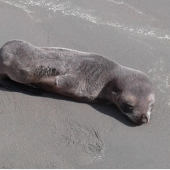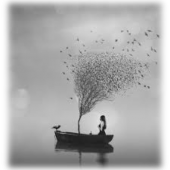
Abstract: Early childhood educators emphasize that outdoor education learning outcomes are very important for preschoolers because early childhood education has a huge effect on the later stage of adulthood. Outdoor education can take place on playgrounds or in natural environments. The aim of this study was to determine some effects of an unstructured outdoor activity on preschoolers. A qualitative case study methodology was used in order to assess the effect of a bush explorer activity on children. In terms of establishing the research’s reliability, the qualitative analyses were supported by the triangulation data collection methods, which included non-participant observation and parents’ interviews. Content analysis was used in order to evaluate the data. According to the results, eleven different themes were determined: Problem solving, self-confidence, environmental awareness, observing and exploring, friendship and social skills, creativity, sharing experience, relaxing, having fun, conflict, and rejection. All themes, except conflict and rejection, are coherent with the literature.
Continue Reading
The author explores her own personal journey toward a sense of place as she draws connections among our natural and human community, early childhood development, peace, and sustainability. The story contributes to the continuing dialogue that explores the relationship of place to humans through various viewpoints, approaches, and experiences.
Continue Reading